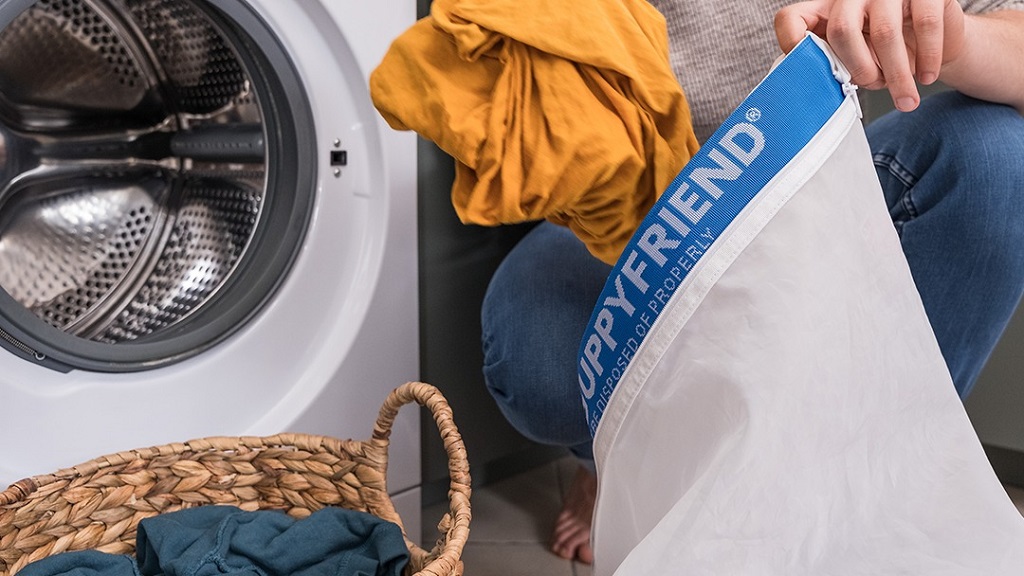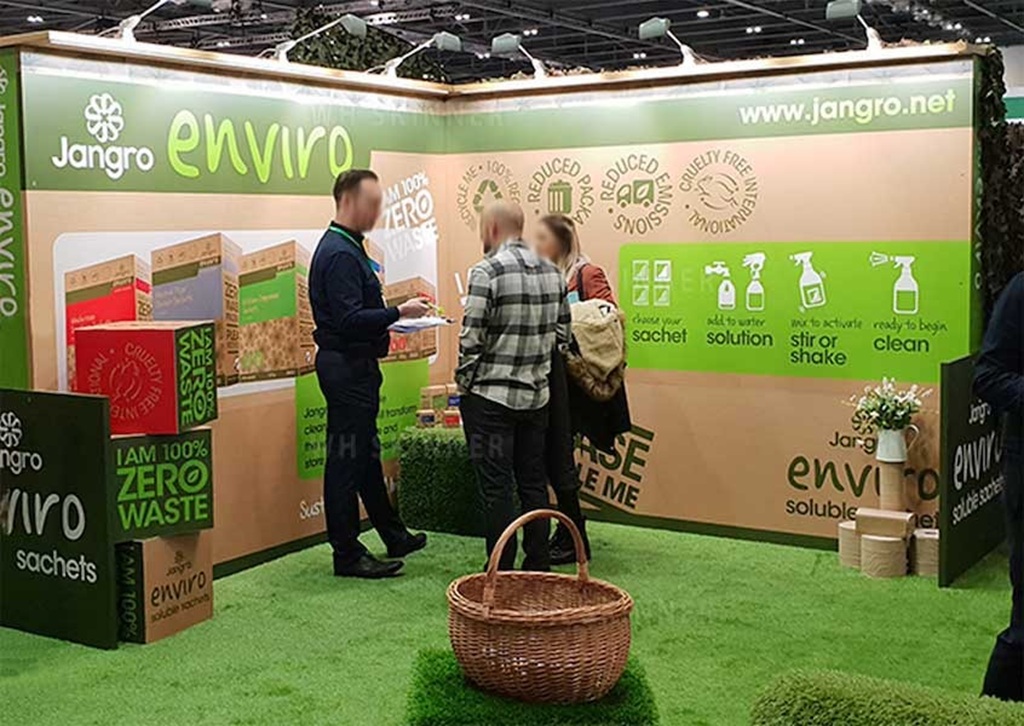Imagine a world where every purchase you make supports a healthier planet. From your morning coffee to the clothes you wear, small businesses are leading the charge in sustainability, proving that eco-friendly practices can thrive in today’s economy. Eco-friendly small businesses are not just a trend—they’re a movement toward a greener, more responsible future. In this article, we’ll explore what makes a small business eco-friendly, highlight inspiring examples, and share actionable ways you can support sustainable entrepreneurs while reducing your environmental footprint.
What Defines an Eco-Friendly Small Business?
An eco-friendly small business prioritizes sustainability in its operations, products, or services. These companies aim to minimize their environmental impact while delivering value to customers. Unlike large corporations, small businesses often have the flexibility to adopt innovative green practices quickly, making them powerful players in the sustainability movement.
Key characteristics of eco-friendly small businesses include:
- Sustainable Sourcing: Using renewable, recycled, or ethically sourced materials.
- Energy Efficiency: Implementing low-energy processes or renewable energy sources.
- Waste Reduction: Adopting zero-waste practices or composting programs.
- Eco-Conscious Products: Offering biodegradable, reusable, or upcycled goods.
- Community Focus: Supporting local economies and environmental causes.
By aligning their values with environmentally responsible practices, these businesses appeal to consumers who prioritize sustainability. According to a 2023 Nielsen report, 73% of global consumers are willing to change their habits to reduce environmental impact, highlighting the growing demand for green businesses.
Why Eco-Friendly Small Businesses Matter
Small businesses account for 99.9% of U.S. businesses, employing nearly half of the workforce, per the U.S. Small Business Administration. When these enterprises adopt sustainable practices, their collective impact is significant. Here’s why eco-friendly small businesses are vital:
- Environmental Impact: They reduce carbon footprints, conserve resources, and combat climate change.
- Economic Benefits: Green practices often lower operating costs, such as energy bills, while attracting eco-conscious customers.
- Community Leadership: They inspire local communities to adopt sustainable habits and support ethical economies.
- Innovation Drivers: Small businesses often pioneer creative solutions, like biodegradable packaging or plant-based products.
Supporting these businesses amplifies their influence, encouraging larger corporations to follow suit and fostering a culture of sustainability.
Inspiring Examples of Eco-Friendly Small Businesses
Let’s dive into real-world examples of small businesses making a difference. These companies showcase how sustainability can be woven into diverse industries, from retail to hospitality.
-
Package Free Shop (Retail)
Founded by Lauren Singer, Package Free Shop is a zero-waste store offering sustainable alternatives to everyday products, like bamboo toothbrushes and reusable straws. The company sources from ethical suppliers, uses compostable packaging, and educates customers on reducing waste. Their blog and workshops empower consumers to live sustainably, proving that small retail can have a big impact.
Why It Works: Package Free Shop meets consumer demand for plastic-free products while fostering a community around zero-waste living.
-
Allbirds (Footwear)
Allbirds, a certified B Corporation, crafts shoes from natural materials like merino wool and sugarcane. Their production process minimizes water use and carbon emissions, and they offset remaining emissions through carbon credits. Allbirds’ transparency about their environmental impact builds trust with customers.
Why It Works: By combining style, comfort, and sustainability, Allbirds appeals to eco-conscious fashion lovers.
-
Farmhouse Inn (Hospitality)
This boutique inn in California’s Sonoma County runs on solar power, composts food waste, and sources organic ingredients for its restaurant. Farmhouse Inn also partners with local artisans and farmers, supporting the regional economy while reducing transportation emissions.
Why It Works: The inn offers a luxurious experience with a low environmental footprint, attracting travelers seeking sustainable vacations.
-
Who Gives A Crap (Paper Goods)
This cheeky Australian company sells toilet paper made from 100% recycled or bamboo fibers. They donate 50% of profits to sanitation projects in developing countries, addressing global hygiene issues while reducing deforestation. Their playful branding makes sustainability approachable and fun.
Why It Works: Their social mission and eco-friendly products resonate with consumers who want to make a difference with every purchase.
These examples illustrate how small businesses can integrate sustainability into their core operations, inspiring others to follow their lead.
How Eco-Friendly Small Businesses Implement Sustainable Practices
Eco-friendly small businesses adopt a range of strategies to minimize their environmental impact. Here are some practical approaches they use, along with tips for aspiring green entrepreneurs:
-
Sustainable Supply Chains
Many businesses source materials locally or from certified ethical suppliers. For example, coffee shops might use fair-trade beans, while clothing brands opt for organic cotton. This reduces transportation emissions and supports fair labor practices.
Tip for Entrepreneurs: Research suppliers with certifications like Fair Trade or GOTS (Global Organic Textile Standard) to ensure ethical sourcing.
-
Energy-Efficient Operations
Switching to LED lighting, using energy-efficient appliances, or installing solar panels can significantly cut energy use. Some businesses even partner with green energy providers to power their operations with wind or solar energy.
Tip for Entrepreneurs: Conduct an energy audit to identify savings opportunities and explore government incentives for renewable energy.
-
Waste Reduction Programs
Zero-waste stores like Package Free Shop encourage customers to bring reusable containers, while restaurants compost food scraps or donate leftovers. Upcycling—turning byproducts into new goods—is another creative solution.
Tip for Entrepreneurs: Start small by offering recycling bins or partnering with local composting services.
-
Eco-Friendly Packaging
Businesses are ditching plastic for biodegradable or recyclable packaging. For instance, some cafes use compostable cups, while e-commerce brands ship with minimal, recycled materials.
Tip for Entrepreneurs: Test eco-friendly packaging options and communicate their benefits to customers to build brand loyalty.
-
Community Engagement
Many green businesses host workshops, partner with environmental nonprofits, or sponsor local cleanups. These efforts raise awareness and strengthen community ties.
Tip for Entrepreneurs: Collaborate with local organizations to amplify your impact and attract like-minded customers.
By adopting these practices, small businesses can reduce their environmental footprint while building a loyal customer base.
How Consumers Can Support Eco-Friendly Small Businesses
As a consumer, your choices have power. Supporting eco-friendly small businesses helps sustain their efforts and drives demand for green products. Here’s how you can make a difference:
- Shop Locally: Visit farmers’ markets, zero-waste stores, or local boutiques to reduce shipping emissions and support your community.
- Research Brands: Look for certifications like B Corp, Fair Trade, or USDA Organic to verify a business’s sustainability claims.
- Choose Quality Over Quantity: Invest in durable, eco-friendly products that last longer, reducing waste.
- Spread the Word: Share your favorite green businesses on social media or leave positive reviews to boost their visibility.
- Participate in Events: Attend workshops or cleanups hosted by eco-friendly businesses to learn and connect.
Small actions, like buying a reusable coffee cup from a local shop or choosing a sustainable brand online, add up to significant change.
Challenges Eco-Friendly Small Businesses Face
While the benefits are clear, eco-friendly small businesses face hurdles. Sustainable materials often cost more, and green certifications can be expensive for small budgets. Competing with larger corporations offering cheaper, less sustainable products is another challenge. Additionally, educating consumers about the value of eco-friendly goods requires time and resources.
Despite these obstacles, many businesses succeed by leveraging their authenticity and community support. Transparent storytelling—sharing their mission and impact—helps them stand out in a crowded market.
The Future of Eco-Friendly Small Businesses
The rise of eco-friendly small businesses signals a shift toward a more sustainable economy. As consumer awareness grows, demand for green products will continue to climb. Innovations like lab-grown materials, carbon-neutral shipping, and circular economies (where products are reused or recycled) will further empower small businesses to lead the way.
Government policies, such as tax incentives for sustainable practices, could also accelerate this trend. By supporting these businesses today, we pave the way for a greener tomorrow.
Read More Also: Cultivating a Sustainable Kitchen Garden: Your Eco-Conscious Guide
Conclusion: Take Action to Support a Sustainable Future
Eco-friendly small businesses are proving that profitability and sustainability can go hand in hand. From zero-waste shops to solar-powered inns, these enterprises are redefining success by prioritizing the planet. As consumers, we have the power to amplify their impact by choosing where we spend our money.
Ready to make a difference? Start by exploring local eco-friendly businesses, researching sustainable brands, or sharing this article with friends. Every small choice counts. What’s one eco-friendly business you’ll support this week? Share in the comments below and join the movement for a greener future!





